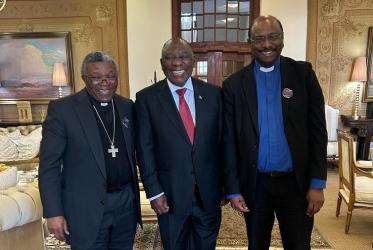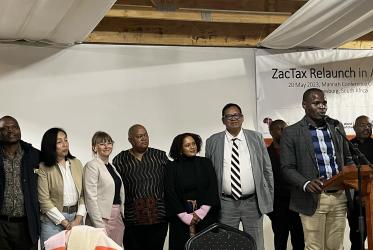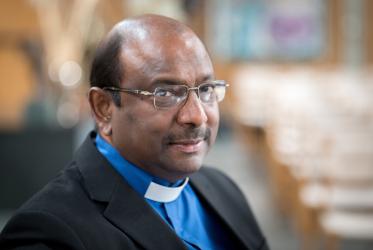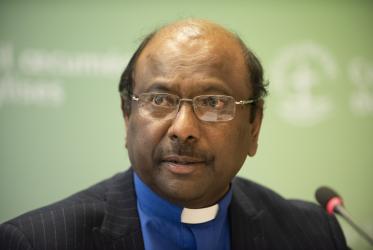Iglesia Evangélica Presbiteriana en Sudáfrica
The Evangelical Presbyterian Church in South Africa, formerly known as the Tsonga Presbyterian Church, is the result of the work of the Swiss Mission in South Africa which began in 1875 in Northern Transvaal. The gospel was first proclaimed to the Shangaan people by two Basotho evangelists seconded by the Paris Evangelical Missionary Society. A network of mission stations was established in the northern and eastern parts of the Transvaal. As the rapid growth of the mining industry drew many people to the towns, congregations were established in the Pretoria Reef, in Orange Free State and also in Zululand. The church became autonomous in 1962, but still relied for financial support on the Swiss churches. Tsonga is the official language of the EPCSA.
The church confesses the one faith held by the church universal, in Jesus Christ, the Son of God and Saviour of the world in whom God revealed himself. The church therefore worships the one God, Father, Son and Holy Spirit. Under the guidance of the Spirit she strives to foster the advent of the kingdom of God on earth and to prefigure God's new creation. She acknowledges her dependence on the word of God, as contained in the scriptures of the Old and New Testament, which stands in judgment over the church and constitutes the only foundation of faith and life. She confesses the faith proclaimed by the early church as embodied in the declarations of the ecumenical synods and represented by the Apostles' and Nicene Creeds.
The synod is the supreme body of the church. An executive committee acts on its behalf in between sessions of the synod. Several committees assist the synod, e.g. education, health, youth, literature, ecumenism, women's guild, men's guild. The EPCSA is a member of the Church Unity Commission. The activities and priorities of the EPCSA include evangelism and planting of new churches, promoting the spiritual growth of the church, playing a frontier role in the battle against HIV/AIDS, the empowerment of ministers, lay preachers and administrative staff with management skills, and improving the financial situation of the church.





